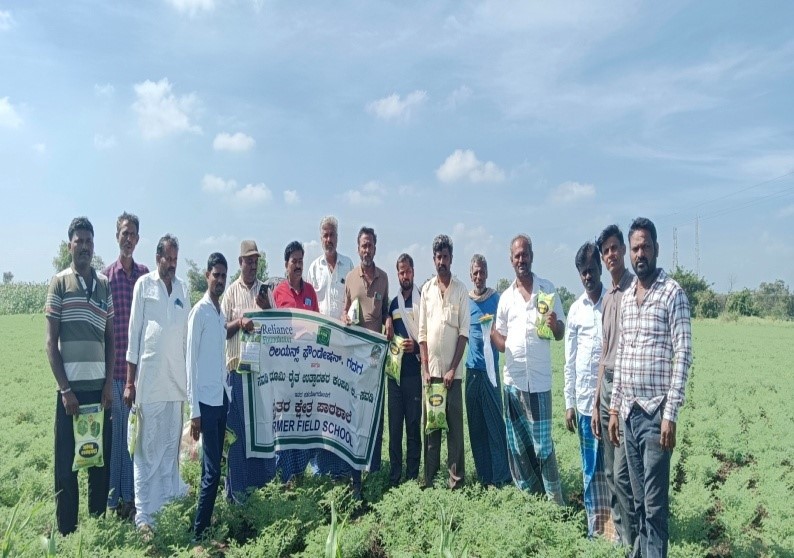About Us
- Home
- About Us

About Us
Womens Environment Development Society (WEDS)
- WEDS prioritizes extensive soil and water conservation efforts.
- Demonstrates a significant commitment to environmental preservation.
- Likely engages local communities for sustainability and impact.
- Engagement with local communities for sustainable conservation impact.
🎯 Our Mission
Make World Happier
Our mission is to empower and uplift rural communities by equipping them with the tools, knowledge, and opportunities needed to achieve lasting self-sufficiency. We believe that true progress begins at the grassroots level—where individuals and families can take charge of their futures with confidence and dignity.
Through thoughtfully designed sustainable programs, we aim to strengthen local economies, promote environmental stewardship, and foster inclusive growth. Our initiatives focus on practical education, resource accessibility, and community-driven development, ensuring that every effort leads to meaningful and measurable impact.
We are committed to driving enduring positive transformation in rural regions. By advocating for sustainability and prosperity, we envision a future where rural communities are not just surviving—but thriving as vibrant, resilient, and self-reliant ecosystems.
Together, we’re building a foundation for long-term change—one that honors tradition, embraces innovation, and puts people first
Natural Resource Management
Climate Change
Water Resource Management
Women Empowerment
 A Story of Transformation in Koppal : The Journey of WEDS Organization
A Story of Transformation in Koppal : The Journey of WEDS Organization
In the heart of Karnataka’s Koppal District, where the sun kisses the red soil and life once moved with uncertainty, a quiet revolution has been unfolding—led by the WEDS Organization.
It began with a vision: to uplift the lives of small and marginal farmers, landless laborers, and families struggling to make ends meet. WEDS didn’t arrive with grand speeches or distant promises. Instead, they built trust from the ground up—partnering with Self-Help Groups (SHGs) and Joint Liability Groups (JLGs) across 57 villages. These local organizations became the backbone of change, empowering communities to take charge of their own futures.
Then came the watershed moment—literally. With support from NABARD, WEDS launched a Watershed Program covering over 800 hectares in Koppal taluk. The goal was simple yet profound: restore the land, conserve water, and give farmers the tools to thrive. As the soil regained its strength and water flowed more freely, crops began to flourish. Families who once depended on erratic rains now had a reliable source of livelihood.
But WEDS didn’t stop there.
Recognizing the need for stable employment, the organization expanded into microfinance and manpower services. They began supplying trained manpower to local government departments and meeting community needs—whether it was a skilled worker for a public project or support for a local initiative. This not only created jobs but also gave SHG families a renewed sense of dignity and purpose.
The impact? Migration slowed. Families stayed together. Women who once had no voice in household decisions now contributed financially. Youth found work close to home. And across these villages, a quiet pride began to bloom—of people leading normal, dignified lives, rooted in their land, their community, and their own efforts.
This is not just the story of an organization. It’s the story of resilience, of hope, and of how grassroots change can ripple across generations.

 A Story of Transformation in Koppal : The Journey of WEDS Organization
A Story of Transformation in Koppal : The Journey of WEDS Organization